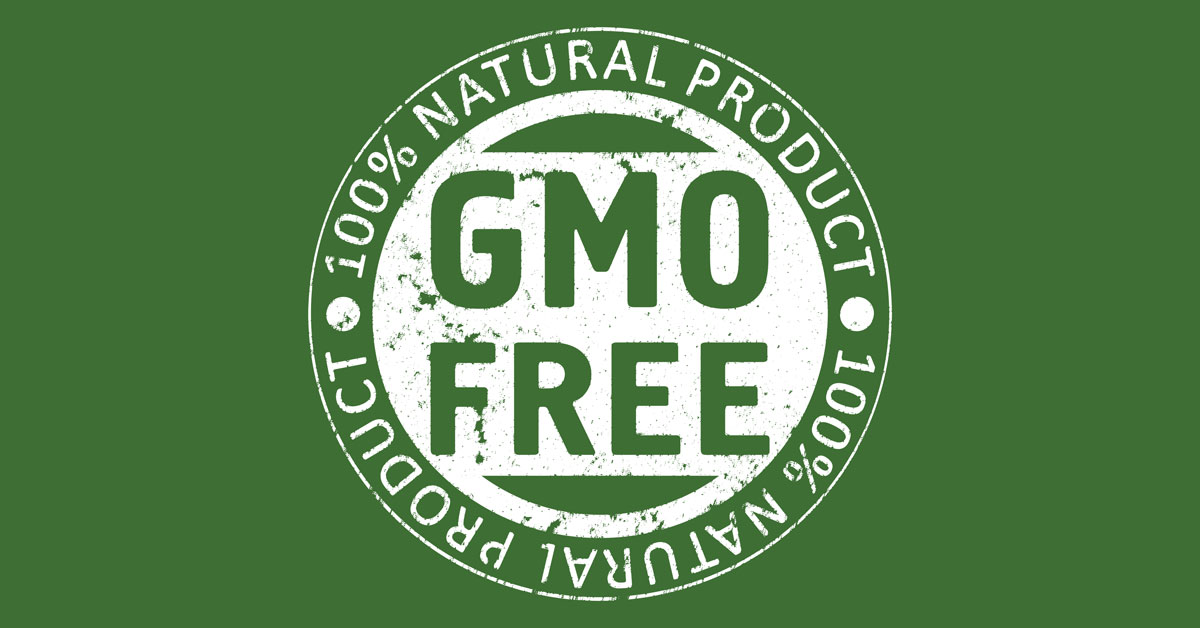
Pesticides also "to be avoided"
Consumers most spontaneously associate “sustainable food” with “low environmental impact” (48.6%), “use of GMOs and pesticides to be avoided” (42.6%) and “local supply chains” (34.4%), according to a new survey spanning 11 European countries, coordinated by the consumer organisation BEUC.
The survey found that whilst consumers have little appetite for insects and cultured meat, they are more likely to consider plant-based "burgers" (if made without GMOs) and traditional vegetarian foods (e.g. pulses) as alternative sources of protein.
Plant-based meat alternatives (such as plant-based burgers) find greater acceptance among consumers, provided they are not made from ingredients derived from GMOs. A third of consumers (36.5%) on average say they would be willing to replace meat with non-GMO plant-based alternatives (43.6% would not, 19.9% are unsure).
However, acceptance drops to 13.6% if the plant-based meat alternatives contain GMOs (68.7% of respondents say they would not be willing to replace meat with plant-based alternatives containing GMOs, 17.7% are unsure).
The survey notes, "This question, as theoretical as it might seem, reflects the dilemma US consumers are facing with the best- selling plant-based burgers on the US market. The plant-based meat alternatives produced by the Impossible Foods company contain genetically modified ingredients, whereas those produced by its competitor Beyond Meat do not.
"Notably, the key ingredient that makes the Impossible Burger ‘bleed’ like real meat − soy leghemoglobin, short for ‘legume hemoglobin’ − is produced from a genetically modified yeast. Consumer groups in the US have voiced concern over the lack of data proving that this ingredient can be safely used in food. Whilst the Impossible Burger is not yet on sale in Europe, Impossible Foods filed an authorisation request with the European Food Safety Authority last year to get soy leghemoglobin approved in the EU."
The Impossible Burger also contains GM Roundup Ready soy.
The survey also found that consumers tend to underestimate the impact of their own food habits on the environment, but most are aware of the environmental impact of food habits in general. Two thirds of consumers are open to changing their eating habits for the environment. Price, lack of knowledge, unclear information, and limited choice of sustainable options are what most consumers say prevent them from eating more sustainably.
The full report:
http://www.beuc.eu/publications/beuc-x-2020-042_consumers_and_the_transition_to_sustainable_food.pdf
Executive summary:
http://www.beuc.eu/publications/beuc-x-2020-045_consumers_and_the_transition_to_sustainable_food_executive_summary_and_recommendations.pdf